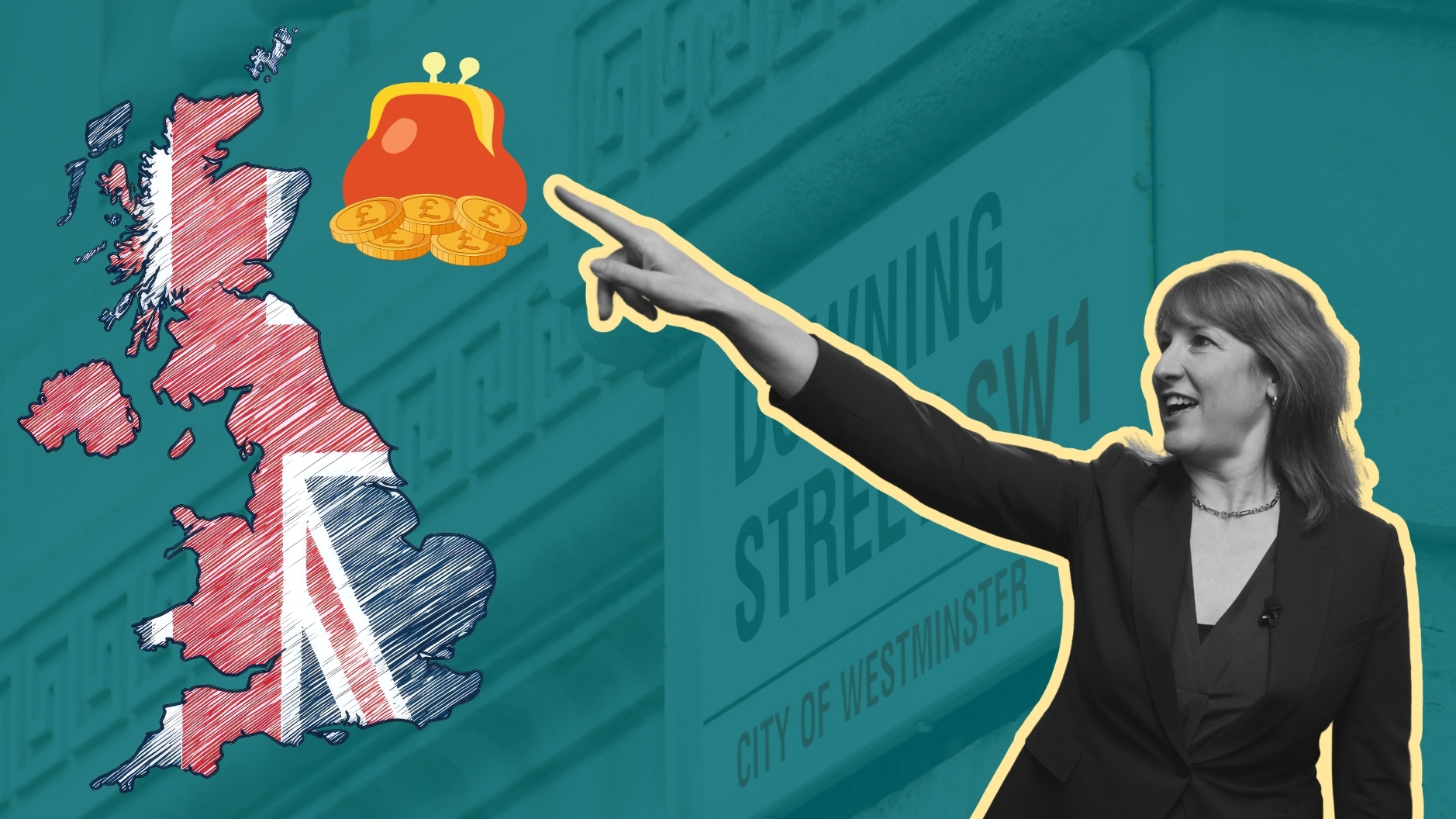Get the latest financial news, insights and expert analysis from our award-winning MoneyWeek team, to help you understand what really matters when it comes to your finances.
You are now subscribed
Your newsletter sign-up was successful
Want to add more newsletters?
Copper has bounced by 10% to $7,300 a tonne after falling to a near-two-year low last summer. But don't expect this to last. The latest uptick was based on supply disruptions at smelters and a surprisingly sharp drop in stockpiles amid healthy demand in China, which accounts for 40% of total demand.
But there is less to China's appetite for the red metal than meets the eye, as Capital Economics points out.
Not all the copper was used to build infrastructure. Some was used to build up long-term inventories, while some copper purchases took place as part of financing deals.
Try 6 free issues of MoneyWeek today
Get unparalleled financial insight, analysis and expert opinion you can profit from.

Sign up to Money Morning
Don't miss the latest investment and personal finances news, market analysis, plus money-saving tips with our free twice-daily newsletter
Don't miss the latest investment and personal finances news, market analysis, plus money-saving tips with our free twice-daily newsletter
In recent years, Chinese firms have borrowed US dollars at low interest rates in order to import copper, and then used the metal as collateral in the domestic market to circumvent restrictions on credit. But now overall demand is set to ebb.
The Chinese government is clamping down on financing deals and is tightening the credit taps again; witness the weaker recent macroeconomic data. On the supply side, production should increase by 5.5% in 2014 after a 3.9% rise last year, according to the International Copper Study Group.
With an expanding supply surplus, prices are likely to fall back in the next few months. BNP Paribas is pencilling in an average price of $6,675 a tonne this year.
Get the latest financial news, insights and expert analysis from our award-winning MoneyWeek team, to help you understand what really matters when it comes to your finances.
MoneyWeek is written by a team of experienced and award-winning journalists, plus expert columnists. As well as daily digital news and features, MoneyWeek also publishes a weekly magazine, covering investing and personal finance. From share tips, pensions, gold to practical investment tips - we provide a round-up to help you make money and keep it.
-
 What do rising oil prices mean for you?
What do rising oil prices mean for you?As conflict in the Middle East sparks an increase in the price of oil, will you see petrol and energy bills go up?
-
 Rachel Reeves's Spring Statement – live analysis and commentary
Rachel Reeves's Spring Statement – live analysis and commentaryChancellor Rachel Reeves will deliver her Spring Statement today (3 March). What can we expect in the speech?

